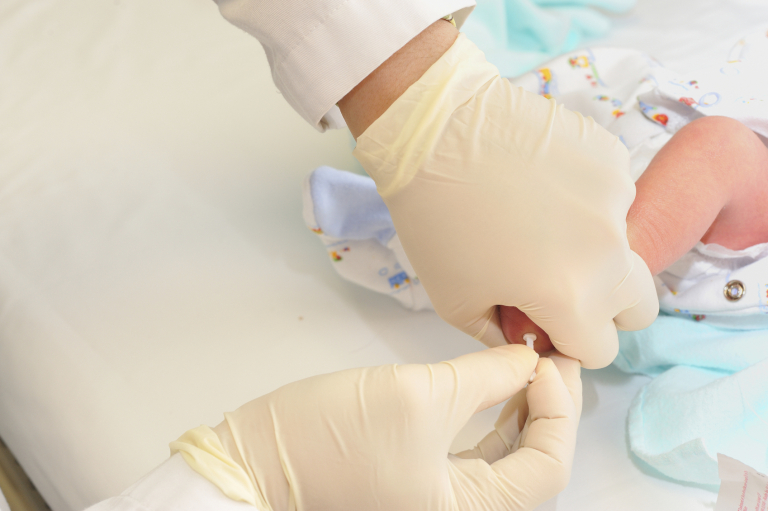Scientists unveil world’s first antimicrobial medical gloves

Image: dblight/Istock.com via AFP Relaxnews
Researchers have revealed the world’s first antimicrobial medical gloves, which could help prevent the spread of infections in hospitals around the world.
The gloves are the result of a joint mission between research company Chemical Intelligence UK and the world’s largest producer of nitrile gloves, Hartalega Malaysia.
Hartalega funded and backed the new project, which has been in the research and development phase for over six years, helping scientists from Chemical Intelligence UK to develop the revolutionary new technology along with input from chemist Dr Paul Wight and microbiologist, Professor Richard James from the University of Nottingham.
Previous research has shown that although medical gloves provide a protective barrier for healthcare workers to help reduce the spread of infection, they can still transmit bacteria to hospital surfaces if gloves that have become contaminated are not changed or removed. However, the new gloves contain a non-leaching antimicrobial technology which has been proven to prevent the spread of infection. Independent testing has shown that the gloves kill up to 99.9 percent of bacteria within just five minutes of contact, helping to prevent the transmission of microbes to and from surfaces and people and without the need of any surface cleaners or additional chemicals.
The European launch of the gloves took place in London last Friday, with sales expected to reach the billions as healthcare organizations continue to battle with fighting infection and antimicrobial resistance. Thanks to a low manufacturing cost, the gloves are also set to become available in hospitals around the world helping to prevent the spread of infection globally.
“These gloves will be a game-changer for the healthcare industry, both public and private,” commented Professor James.
Mr. Kuan Mun Leong, managing director of Hartalega Holdings Berhad, added, “In the European Union alone, cross-contamination in hospitals results in 37,000 deaths a year at an additional cost of 7 billion euros. By renovating a medical device that has not been remodelled in over 30 years, our innovation is set to make waves in the healthcare industry and save lives across the globe.”
Hartalega now has plans to make the new technology a medical industry standard across the globe. JB
RELATED STORIES:
No need for chemo in many breast and lung cancers – study
Giving asthmatic preschoolers flu shot could reduce risk of hospitalization after an attack